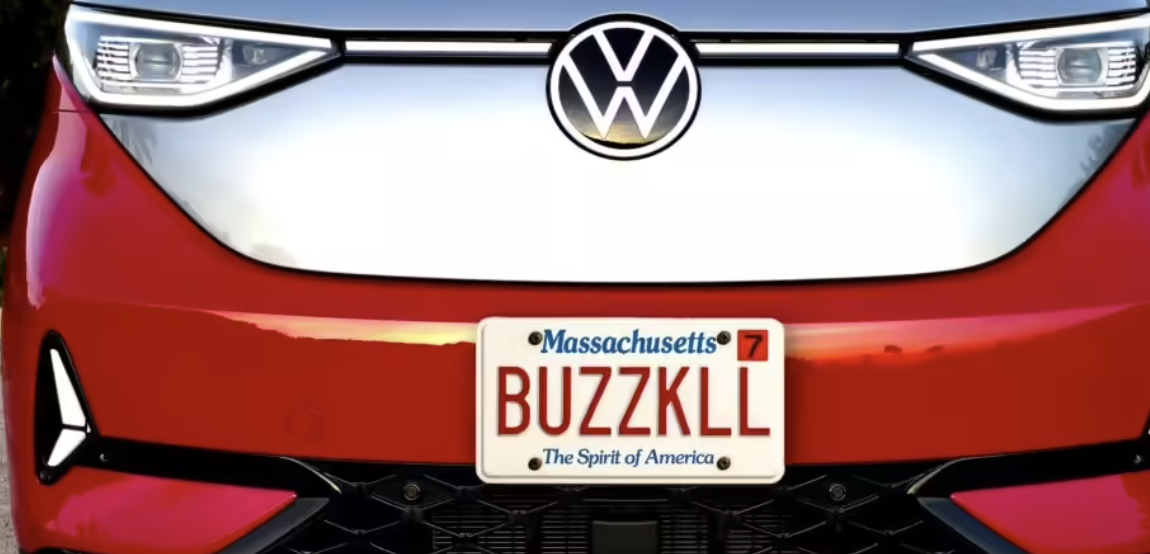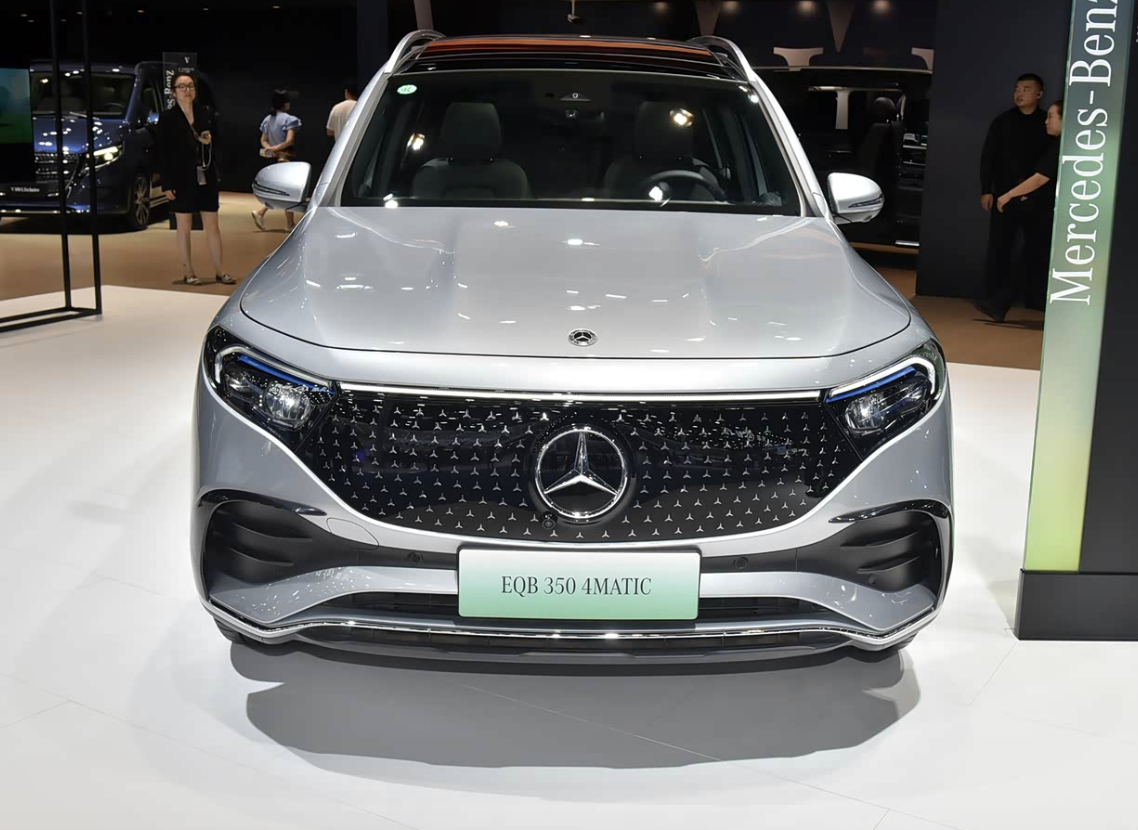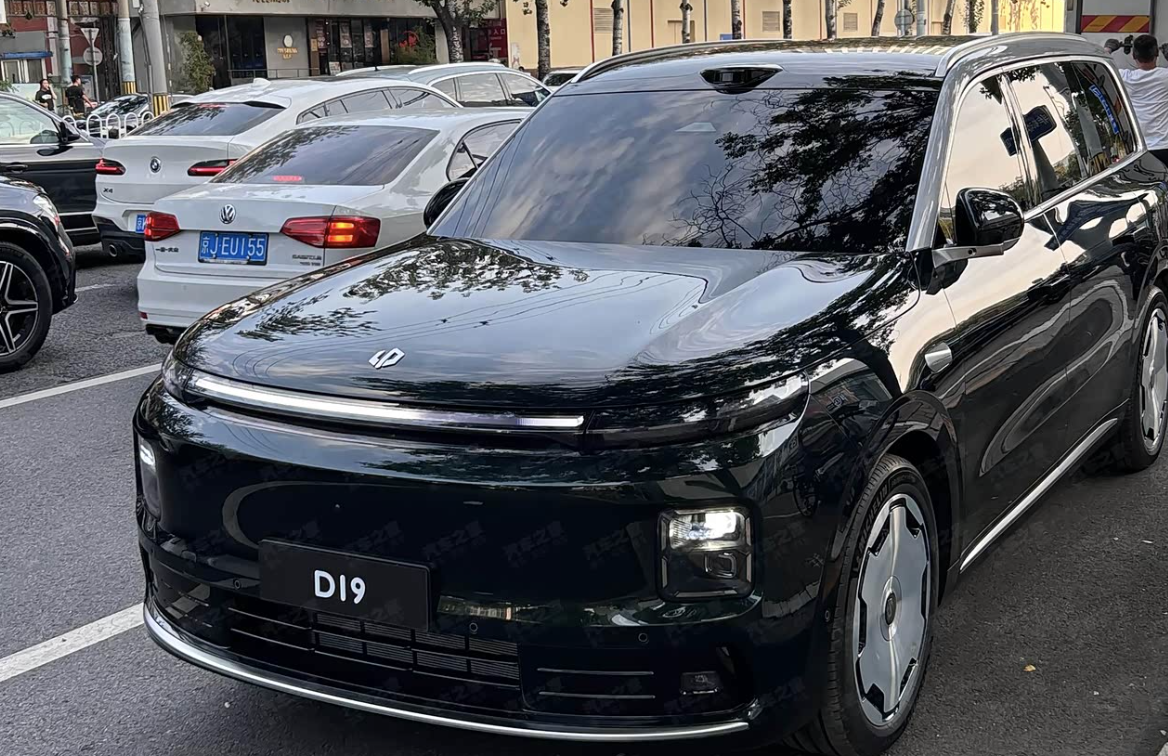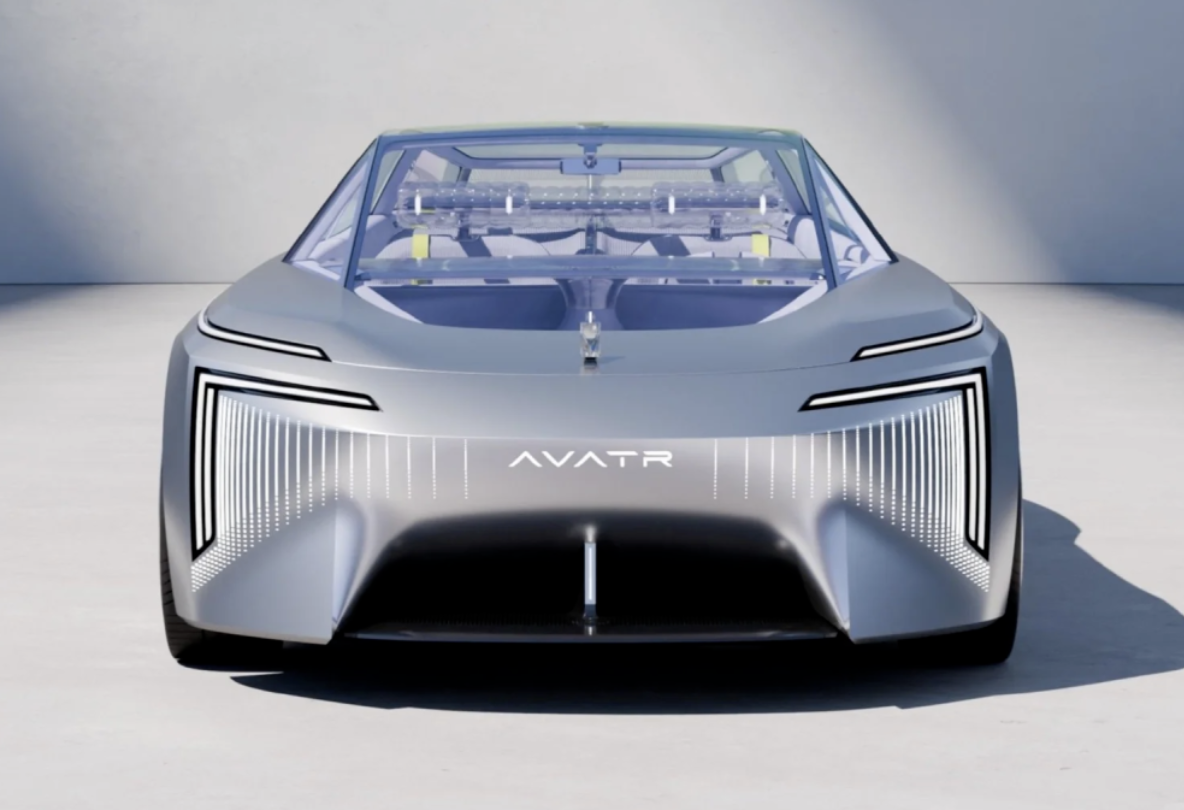On October 22, media reports revealed that Volkswagen will suspend production of the ID. Buzz, as the nostalgic electric van struggles to gain traction in the market.
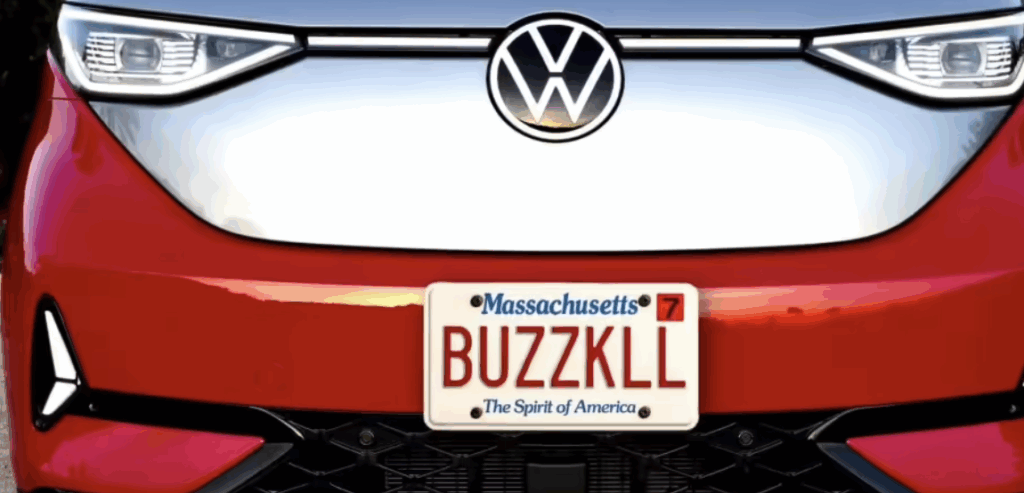
The ID. Buzz was originally envisioned as a model that would inject new vitality into the Volkswagen brand — blending retro design with modern electric innovation. It offers an excellent interior layout and a surprisingly enjoyable driving experience. However, its range ranks among the lowest of all EVs, and its price tag is prohibitively high, making it affordable only for wealthier buyers.
According to Automotive News, Volkswagen will halt production of the ID. Buzz and its sibling model, the Multivan, at its Hannover plant in Germany from October 20 to 24, 2025.
Volkswagen stated that the move is intended to “flexibly adjust production processes in response to changing market conditions.” In simpler terms — sales have fallen short of expectations.
When the ID. Buzz first launched, Volkswagen projected an annual production capacity of 130,000 units at the Hannover plant. In reality, however, global annual sales have hovered around just 30,000 units over the past two years — a far cry from the company’s early ambitions.
At the same time, Europe’s EV demand has weakened, while Chinese automakers are rapidly gaining ground, pushing Volkswagen to cut costs and working hours across its German factories.
Part of the problem stems from Volkswagen’s own strategic missteps. In the U.S., the ID. Buzz starts at around $61,500, more expensive than many three-row SUVs — and higher-end trims exceed $70,000.
This pricing stands in stark contrast to the spirit of the original T1 “Microbus”, which became iconic precisely because it was affordable and accessible to all. By aiming for a premium market position, Volkswagen created an excellent electric van — but one that most consumers simply can’t afford.
Although Volkswagen has pledged to intensify marketing efforts and introduce more purchase incentives to enhance the appeal of its light commercial vehicle lineup, the road ahead looks challenging. New competitors are already gearing up — such as Kia’s upcoming PV5, which is expected to offer comparable space, longer range, and a more competitive price — potentially posing a direct threat to the ID. Buzz.
